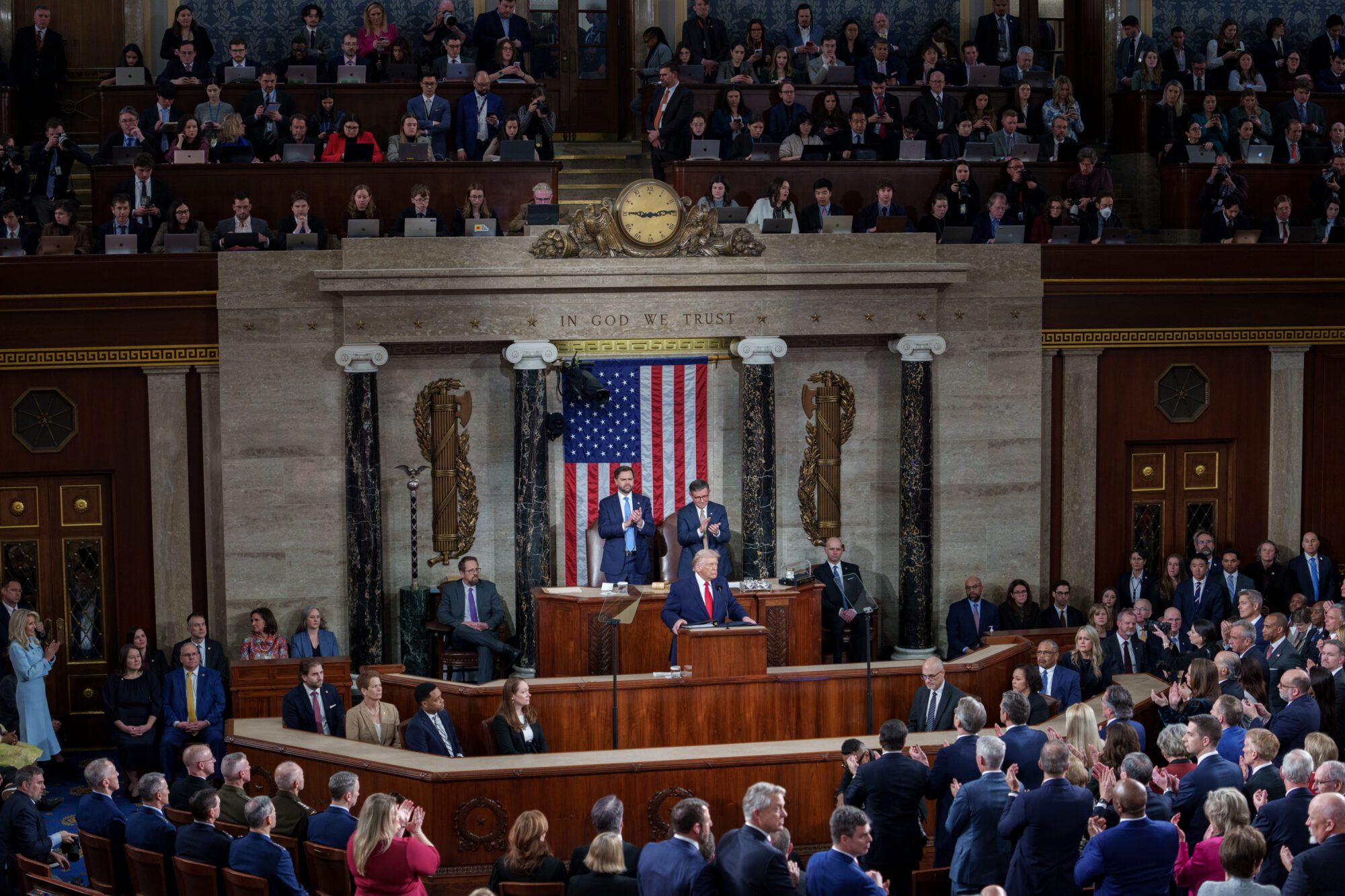Like Beltway Democrats, Governor Ted Kulongoski and his legislature wanted to broaden eligibility for Oregon’s “Healthy Kids” Schip program to 300% of the federal poverty level. They would also allow all families to opt in, regardless of income, though higher earners wouldn’t get subsidies. Again like Congress, Salem intended to pay for the expansion with cigarette taxes, which would increase to $2.02 from $1.18 a pack. That would be one of the highest state tobacco levies in the nation.
Democrats couldn’t dredge up the three-fifths approval required for a tax increase in the legislature, so they kicked the expansion over to the ballot. And already, Measure 50’s defeat is being blamed on $12 million in advertising by Big Tobacco. “What happened was, the tobacco industry bought the election,” Governor Kulongoski declared yesterday.
We’re surprised the Governor thinks voters in his left-leaning state are so easily gulled–especially in a contest between “healthy kids” and cigarettes. More persuasive is the notion that voters didn’t want to pass a state tax increase to finance a health-care expansion that Congress might soon pass, along with buckets of federal dollars. But most likely, voters understood that a tax increase on cigarettes is still a tax increase, and a highly regressive one at that. Only about 20% of Oregonians smoke, and most of those are lower income.
They may also have figured that to the extent tobacco taxes reduce smoking, they will soon not yield enough revenue to pay for ever-growing health costs. An analysis by William Conerly, a member of Governor Kulongoski’s own Council of Economic Advisors, found that a straight Schip expansion funded by a tobacco tax was unsustainable, with costs exceeding revenues by $115 million by 2017.
Counting “crowd out”–the migration to public from private insurance–Mr. Conerly predicted a $638 million deficit within the decade. Oregon tried a similar universal health experiment in the 1990s, only to see it raise havoc, and voters may not have been eager for a low-budget sequel.
Wall Street Journal
11/8/7







